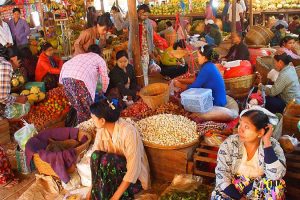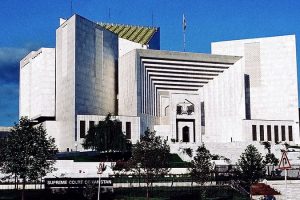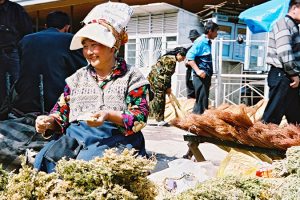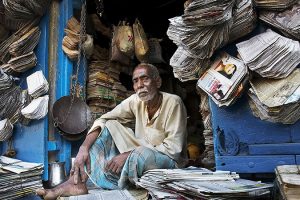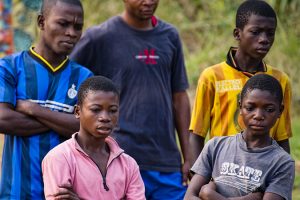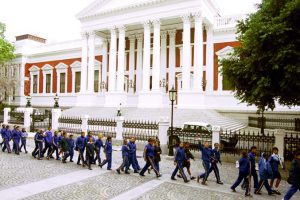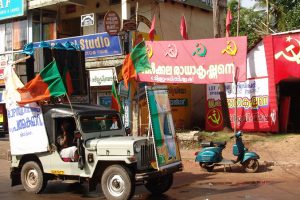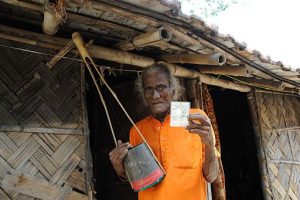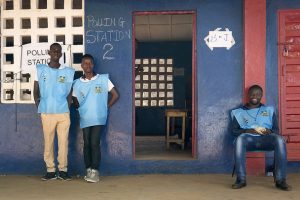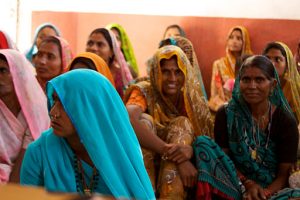Political Institutions
Institutional Diagnostic Synthesis
The Institutional Diagnostic synthesis is the culmination of the research undertaken in the four EDI case studies in Bangladesh, Benin, Mozambique and Tanzania. The synthesis also reflects on two historical case studies – Taiwan and South Korea – and describes…
Endogenous Political Fragmentation: The Role of Property Rights in Historical Perspective
Focus of the study Land is an important asset in determining wealth, and therefore institutional frameworks for property rights – whether legally or informally arranged – are critical components that either can contribute to or constrain economic development. This research…
Networks of power and crony capitalism in Myanmar
This project is ongoing and will be updated as it progresses. Research team Rocco Macchiavello, LSE – Corresponding PI Amit Khandelwal, University of Columbia GSB, Arthur Blouin, University of Toronto, Felix Forster, University of Warwick (PhD), Matthieu Teachout, University of…
Discretion versus rule-based budgeting and assignment in Indian governments
Discretion versus rule-based budgeting and assignment in Indian governments – Inter-tier allocation of fiscal resources Background motivation for the research The literature on decentralization and service delivery in developing countries has largely focused on problems of political accountability of local…
Judicial independence in Pakistan
Focus of the study Judicial independence from state bureaucracies is considered critical for the stability of institutions and for ensuring the rule of law. As such, judicial independence is crucially important for understanding the development process. Our primary aim in…
Economic role of clans: Linking past and present
Focus of the study The design of development policies requires a precise understanding of the informal institutions regulating economic activities. A key – yet understudied – institution in many developing countries is the clan. This project aims at understanding the…
Democratization and the supply of news media: Evidence from India
Focus of the study How does the media market react to institutional changes? This study investigates how media owners react to democratization, and in particular, estimates the extent to which their reaction is driven by a search of political influence….
Clans, religion, and politics: A case study of Pakistan
Focus of the study If religion is interpreted in a manner that makes its prescriptions coincide with national interests or if it has been “nationalized” by rulers seeking religious legitimacy, we would normally expect the religious ideology to operate as…
Social structures, political accountability, and effective public goods provision
Focus of the study This project explores the extent to which age sets, a traditional social structure in many African societies, can be leveraged to improve local oversight, governance, and the provision of public goods. Age sets are initiation rituals…
Female political representation and its impact in Uganda
Focus of the study The goal of this research is to investigate the determinants and impacts of female political representation in Uganda. At the higher levels of government, Uganda has an impressive number of female representatives – primarily the result…
Stock-based versus flow-based redistribution (Zimbabwe and South Africa)
Focus of the study Our key research question is: How can a political and economic equilibrium be changed so that the economy embarks on a new development path that is not derailed irrespective of who governs? This question is important…
Training Politicians to Better Serve
Issue: India, a developing country with a strong and vibrant democracy, exhibits many elements of weak institutions and associated problems of ineffective governance. Both state and national legislatures are characterized by high levels of corruption, criminality, and poor performance. At…
Governance Capacity and Political Selection
Issue: The digitization of key government services — in this case, India’s National Rural Employment Guarantee Scheme — can streamline public service delivery and reduce the ability of politicians to misappropriate state funds. Political officials face challenges if they lack sufficient…
Politician Entry, Selection, and Performance in Sierra Leone
Issue: In regions which consistently support a single political party, the most important selection of a representative is typically at the primary stage. However, in developing countries, primaries are frequently dominated by elites and conducted without transparency, decreasing the likelihood that parties select…
Is Knowledge Power? Civics Training, Women’s Political Representation, and Local Governance in India
Issue: Women continue to be under-represented in political office, making up approximately only 22% of members of parliament worldwide. Despite this marginalization, little is known about how to increase women’s political participation and the role between women’s electoral representation and…


